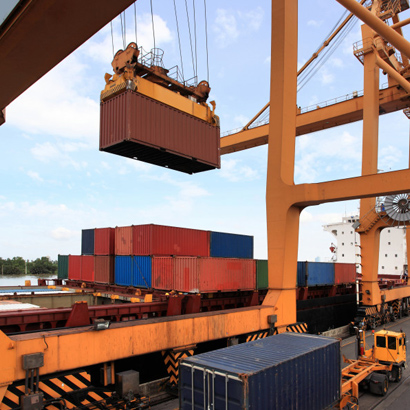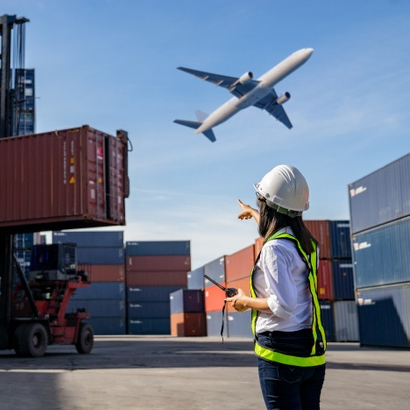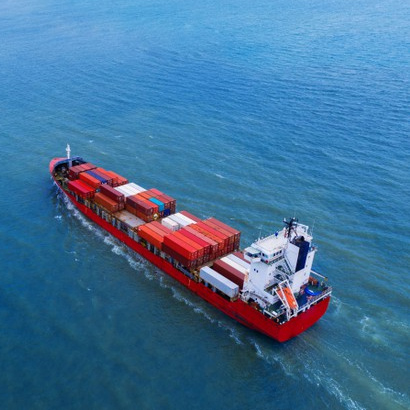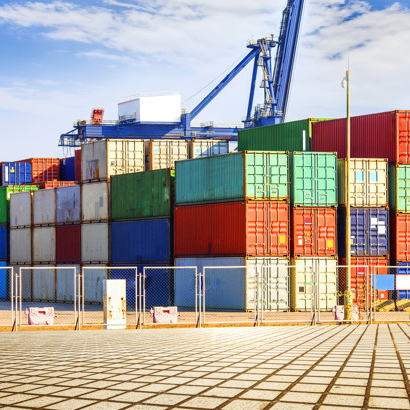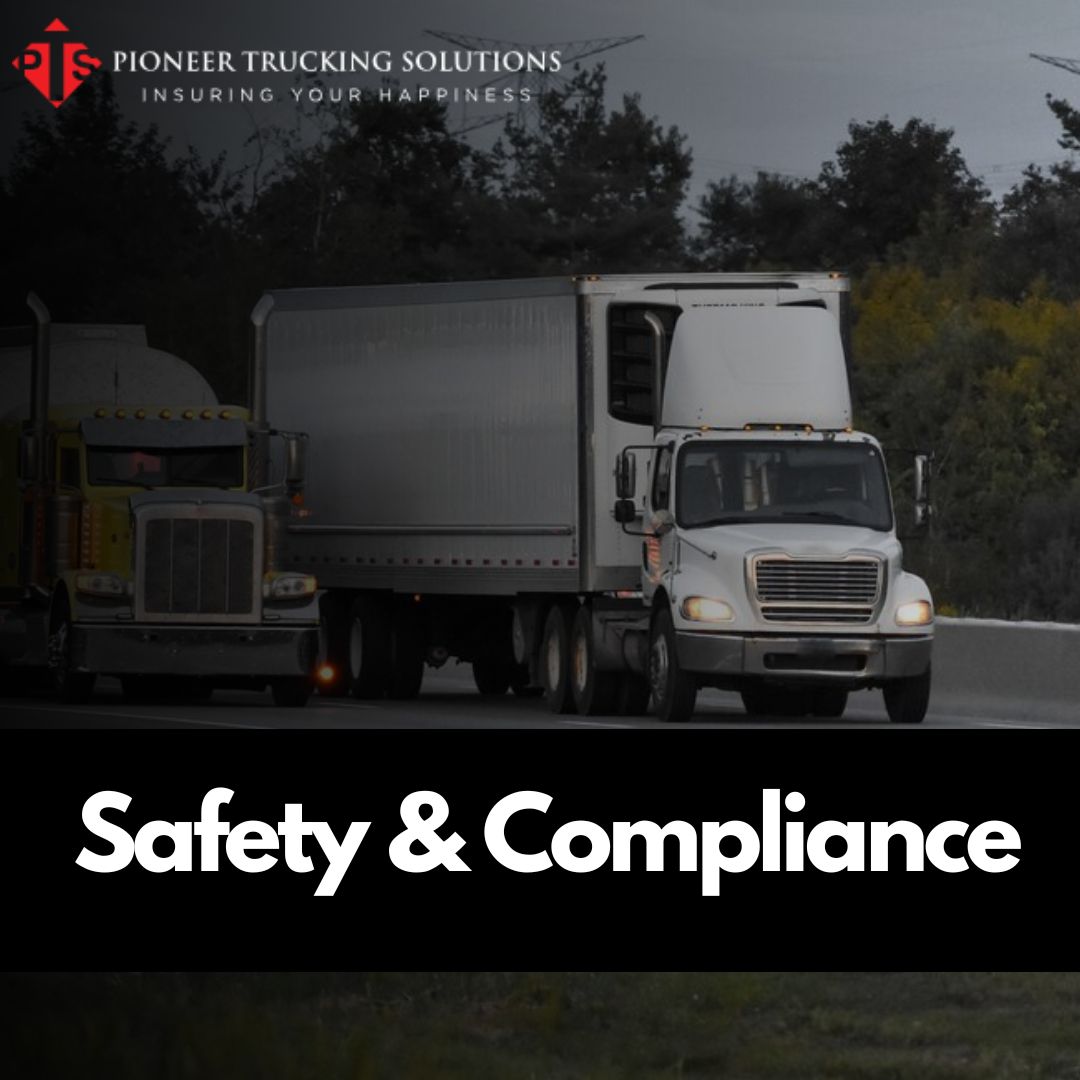Today each country’s economy is directly impacted by the working of the trucking industry. Various tasks regarding transportation have made it possible for the government to generate good revenue.
However, while executing the task truck drivers do not adhere to safety & compliance and sometimes get into collisions.
Concerning safety is the utmost and trucking business owners and drivers need to learn from their previous failures, accidents and collisions. These failures provided invaluable lessons that trucking companies could learn from.
By analyzing and adapting to these lessons, trucking companies can make significant progress in improving safety and reducing accidents. Through this article, we will guide you through various safety failures in the industry, which you may learn from.
The Impact of Safety Failures on the Industry
Not following safety measures can result in sudden accidents eventually impacting the company’s reputation among clients. Staying non-compliance with safety measures often comes with hefty penalties which also include legal consequences.
This not only affects the company’s financial reputation but also raises hesitation among employees to continue working in the company. So the trucking industry needs to understand that safety is an investment and not an expense.
Overworked Drivers: A Leading Cause of Safety Issues
Trucking companies must ensure they are adhering to hours-of-service (HOS) regulations, as well as monitoring their drivers’ schedules to prevent overwork. Furthermore, promoting a culture of wellness and providing rest breaks will not only enhance safety but also improve driver satisfaction, retention, and performance.
From this trucking companies must focus on updating their working and adhering to HOS (hours-of-service). This will help them to promote a culture of wellness ultimately ensuring safety and improving drivers’ retention and performance.
Vehicle Maintenance: A Critical Factor in Preventing Accidents
Another factor that the trucking business ignores and leads to accidents is the on-time maintenance of the truck. Many businesses save their maintenance costs and force drivers to deliver goods on poorly maintained trucks which later causes accidents due to engine failure, brake failure or any other mechanical failures. Thus trucking companies should learn that improper maintenance has led to numerous crashes and fatalities, many of which could have been avoided with routine checks.
Learning from such failures and adhering to safety and compliance trucking companies should implement robust maintenance schedules ensuring that all vehicles undergo regular inspection and servicing.
The Importance of Training and Safety Programs
It has been observed that many truck accidents occur due to a lack of adequate training and non-adherence to safety practices. This happens when trucking companies do not organize training and safety programs. New drivers may not be aware of various driving and safety rules and may get stuck in serious situations while driving in challenging road conditions and adverse weather. So continuous education is quite important.
Learning from sudden delivery failures and truck accidents trucking companies should invest in ongoing safety training programs that focus on defensive driving, hazard perception, and emergency response.
This training will help prepare drivers who can handle high-risk situations with ease.
Regulatory Compliance and Adapting to New Safety Standards
In Canada, the trucking industry is one of the most heavily regulated sectors in the country. Agencies like FMCSA keep updating and enforcing strict guidelines for safety & compliance. However, compliance with regulations is not always enough to prevent safety failures.
For ensuring safety they need to educate drivers about safety rules, update them about regulatory changes and should continuously adapt to new safety standards. Companies should not stay behind in adopting new technologies and ensuring that their fleets comply with evolving safety regulations.

